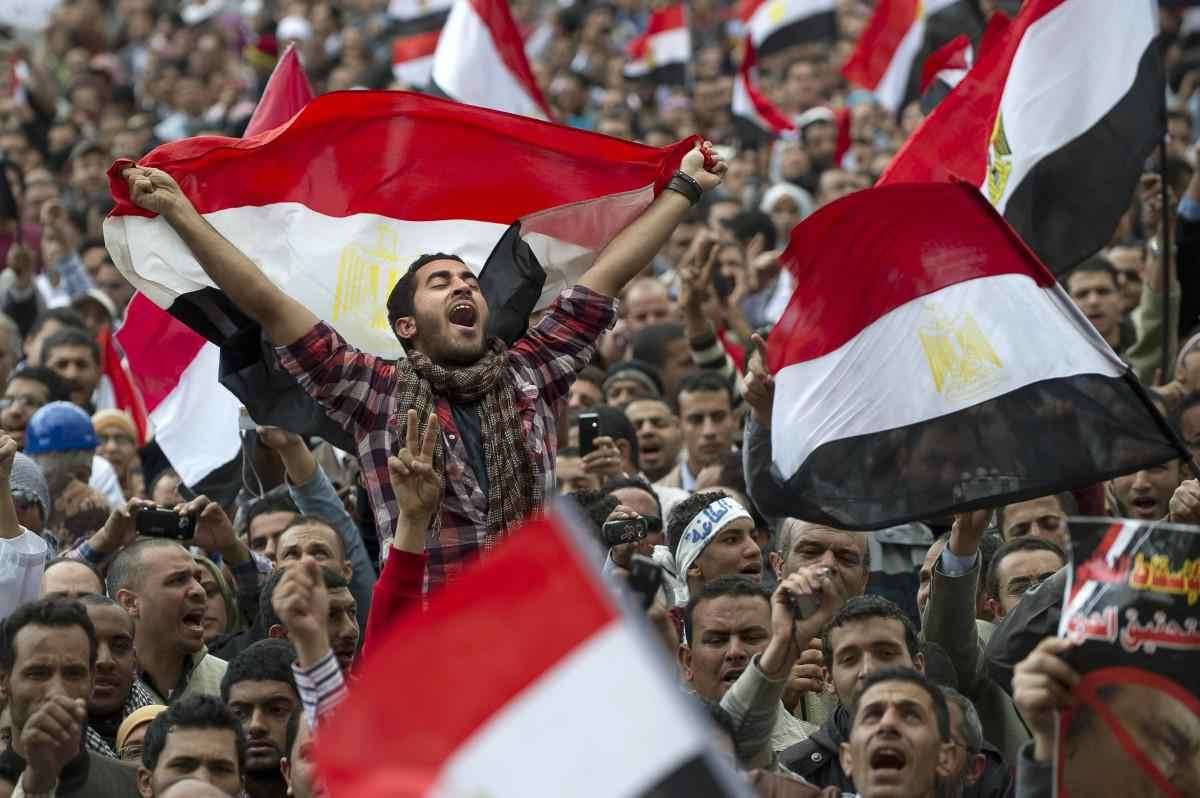


The panel “Arab Spring in its tenth year” that was organised by cooperation with Art, Culture and Sports Department and Political Science Club took place last saturday.
In the panel, speakers discussed different aspects of Arab Spring and the developments that happened in a decade.
With the moderation of head of IHU Political Science and International Relations Department and SETA Coordinator Assoc. Dr. Talha Köse, speakers were Dr. Hakkı Öcal who is the head of IHU Media and Communication Department and journalist, Dr. Heba Raouf who is an IHU Alliance of Civilizations Faculty Member and Lina Shamy who is an activist and MA student at Political Science Department. In the panel that held online, the enormous impact of Arab Spring over many regions of the world, especially in the Arab geography and the Middle East was underlined.
Head of IHU Media and Communication Department Öcal, explained his first hand experiences on the developments in Middle East for decades. He also shared his personal story about the Arab-Israeli war, where he was caught as a media member and sent back to Turkey by Israeli soldiers. Emphasizing that the Arab geography has been ruled by repressive regimes for years, Öcal said, “Unfortunately, the Arab Spring did not bring democracy and peace for almost any country in the region. In many places the situation has even worsened. Syria and Egypt are examples of this. There have been many successful or achieving revolutions in history. Like the French Revolution and the Soviet Revolution. In most of the post-revolution situations, there are not as big differences as desired. Look at Libya, what has changed there? The strong men have changed, but the system has not changed completely. Syria, for example, paid the heaviest price. Many people lost their lives. 1 million people died. 6 million people left the country. Where is the Arab Spring? Nothing. The same goes for Egypt. Look at the country now.”
Stating the importance of social media emerged during the Arab Spring rather than classical media tools, Öcal said, “There are channels such as Twitter and Facebook. Here we share information. We can learn about an event in a very small city in Egypt from Istanbul. Revolution and social movements are easy to initiate, but so hard to sustain.” IHU Alliance of Civilizations Institute Faculty Member Dr. Heba Raouf, stating that she witnessed the events taking place in Tahrir Square in Egypt, told that she took part in all the work done for democratisation process.
Explaining that the peaceful demonstrations in Egypt are terrorized by the regime, Raouf said that there happened a similar situation in Syria and that political and military actors who do not want change have violently deflected peaceful targets.
Raouf noted that the Arab Spring process has not come to an end in any country and that she predicts that this political process will continue in different ways.
Also Speaker Lina Shamy focused more on the events’ impact on Syria. She said: “While spring was spreading with a domino effect, what happened in Egypt and Tunisia was not possible for Syria. Although there have been revolutions in the history of Syria, the history would not be repeated, but it has been repeated.” Mrs. Shamy said that the spring’s spread in Syria was unexpected. She also likened the Esad regimes and policy to the message “your brother is always watching you”. Speaking of the Esad Regime’s actions against civilians, he also complained of the world’s quiet stance towards this crime of humanity.
You can access the video recording of the panel via this link.